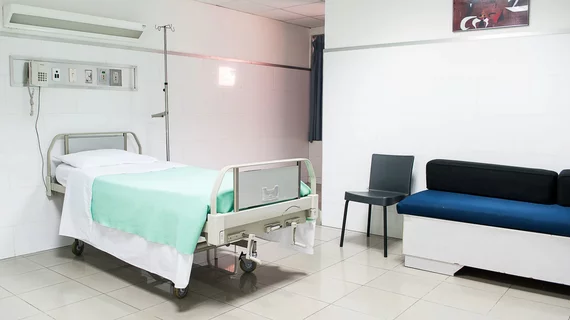As COVID-19 continues to keep healthcare providers busy, fewer patients appear to be seeking care for other serious issues, including cardiovascular complications such as heart attack and stroke.
Harlan M. Krumholz, MD, a Yale professor and director of the Yale New Haven Hospital Center for Outcomes Research and Evaluation, wrote about this ongoing phenomenon in a New York Times commentary. Krumholz noted that his own hospital, Yale New Haven Hospital, is experiencing “a previously unimaginable shift in the demand for hospital services.” While the numbers “keep rising” when it comes to COVID-19, he added, there has been “a marked decline” in many other parts of the facility.
“What is striking is that many of the emergencies have disappeared,” he wrote. “Heart attack and stroke teams, always poised to rush in and save lives, are mostly idle. This is not just at my hospital. My fellow cardiologists have shared with me that their cardiology consultations have shrunk, except those related to COVID-19.”
The primary reason seems to be fear; people just want to stay at home instead of possibly getting infected with COVID-19 while seeking medical attention. But Krumholz is quick to highlight that this is not, in any way, a recommended strategy. His message is crystal clear: “Don’t delay needed treatment.”
Of course, there are other potential explanations for the change hospitals are experiencing. For example, this could be a sign of social distancing’s massive impact on human behavior.
“Maybe we have removed some of the triggers for heart attacks and strokes, like excessive eating and drinking or abrupt periods of physical exertion,” he wrote. “This theory merits research but seems unlikely to explain the dramatic changes we’re observing.”
To read the full commentary, click the link below:

